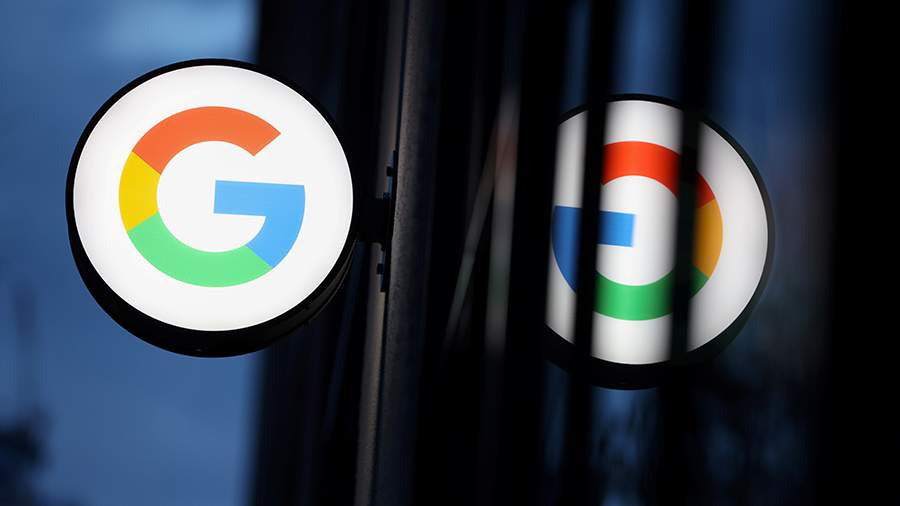Deputy Chairman of the State Duma Committee on Security and Anti-Corruption Alexander Khinshtein on Friday, December 24, commented on the imposition of a turnover fine by a Russian court on Google.
According to the deputy, Google is in the second position in the anti-rating of Internet platforms that violate the law in terms of the dissemination of destructive content, and Russian courts have repeatedly sentenced corporations to a fine for administrative offenses. A significant part of these fines have not yet been paid, the politician stressed.
“At the same time, representatives of the company assure Russian regulators that the company is interested in the Russian audience and will definitely bring its activities in line with the legislation. However, so far it has remained only words: the payment of fines is delayed, and illegal content remains on the platform. Imposing turnover fines on Google was a logical step: no digital corporation has the right to neglect the interests of users in our country and ignore the law. Making a profit on the Russian market, they are obliged to comply with the law and ensure the digital rights of Russians, ”Khinshtein told Izvestia.
The deputy added that Roskomnadzor has long been consistently working to force foreign companies to comply with the current legislation and, in his opinion, should continue it. Tightening regulatory measures, according to Khinshtein, is a logical response to selective enforcement of the law and disregard for the interests and rights of Russian users.
At the same time, the deputy stressed that the court could have imposed a turnover fine based on the entire profit of the corporation, but the total amount was formed from the calculation of the company’s profits received exclusively in Russia.
“Although the turnover penalty imposed on Google is several times higher than all those imposed earlier, it is still less than those imposed on the IT giant in Europe. For example, in 2018, the European Union fined Google $ 5 billion, in 2017 – $ 2.7 billion. In France, in 2021, the corporation was fined three times – € 500 million, € 220 million and € 1.1 million. in the background, the decision of the Russian court looks very liberal, ”said Khinshtein.
At the same time, he stressed that the imposed fine does not interfere in any way with the work of Google in Russia.
“I really hope that the company will start paying it, because otherwise the regulator will have to apply much tougher measures. I want to believe that it will not come to this, ”the parliamentarian concluded.
The Magistrate’s Court of the Tagansky District of Moscow, earlier that day, ordered a fine of Google 7.2 billion rubles. The company was found guilty of committing an administrative offense under Part 5 of Art. 13.41 of the Administrative Code of the Russian Federation (“Violation of the procedure for restricting access to information”).
This is the first time a turnaround fine has been imposed on Google in Russia. Its size depends on the company’s revenue. The court had the right to apply a turnover fine to her – from 1/20 to 1/10 of the proceeds for the year preceding the year in which the violation was revealed, but not less than 4 million rubles.
According to Efim Kazantsev, a member of the commission on legal support of the digital economy of the Moscow branch of the Russian Bar Association, the fine imposed on the company, if it comes into force, will become a record in Russian legislation.
Google said it will study the court’s decision and then determine the next steps.
Earlier, December 7, Google has been fined four times in Russia. Thus, the magistrate ordered to fine the company under two protocols for 4 million rubles for failure to remove prohibited content. The court also fined the company under two protocols for not removing links to sites with prohibited information (part 4 of article 13.41 of the Administrative Offenses Code of the Russian Federation) 10 million rubles. Thus, the total amount of Google fines at that time reached 58 million rubles.
Fines were issued for failure to remove prohibited content, including calls to extremism, links to it, as well as refusal to localize personal data of Russians on servers in the Russian Federation.
Source: IZ
Jane Stock is a technology author, who has written for 24 Hours World. She writes about the latest in technology news and trends, and is always on the lookout for new and innovative ways to improve his audience’s experience.




